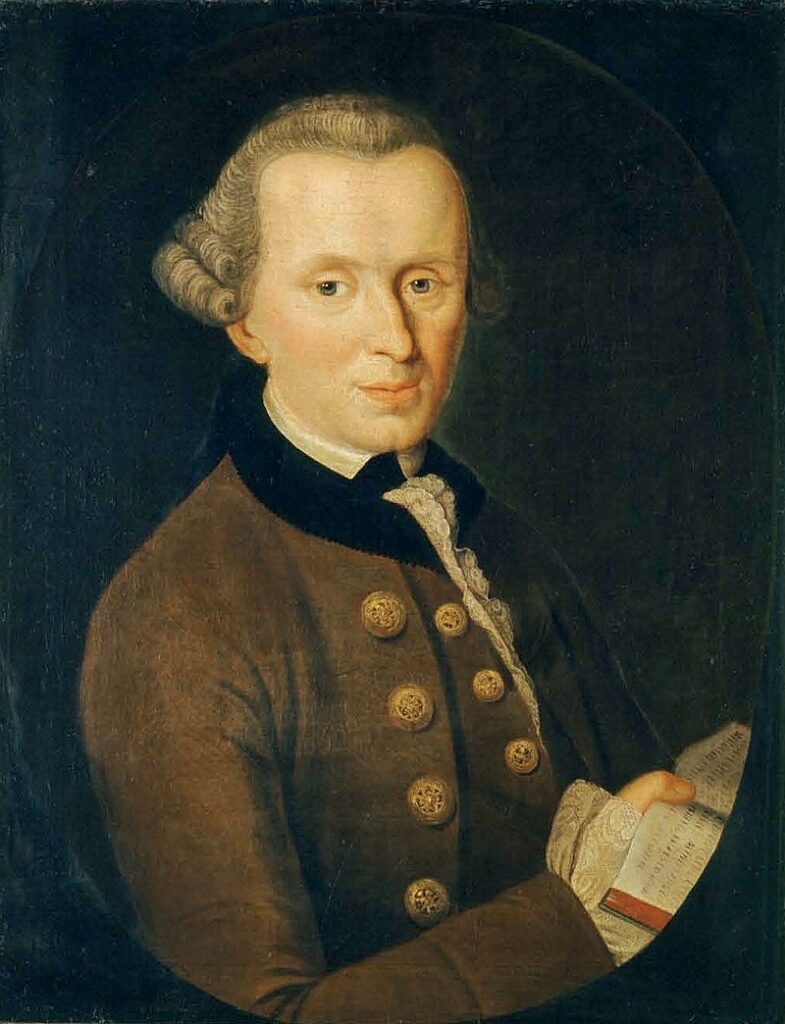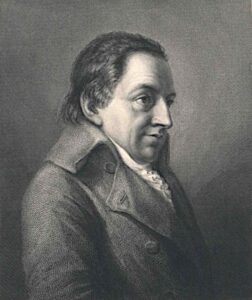- Opinion
- 20 de May de 2024
- No Comment
- 9 minutes read
Educational dreams and pedagogical nightmares

Educational dreams and pedagogical nightmares
Pedagogism is not the solution, but the problem


In ‘The Dreams of a Spirit Seer. Explained by Dreams of Metaphysics‘ (1766), Kant described the back journey of reason, coming from rationality and knowledge, towards a chimerical Ithaca whose port we should avoid docking at any prize. Fifteen years later, in the ‘Critique of Pure Reason‘ (1781), he philosophically thematized the exposition, diagnosis and remedy against the delusions of reason so that, even at the price of assuming our limitations, we would not end up «rationally mad» and caugth by the ideal of a Pure Reason whose purity seems to be easily adulterable.
Actually, the «Spirit Seer» was inspired by a historical figure to wich Kant was directly pointing to: Emanuel Swedenborg (1688-1772), mathematician, physicist, astronomer and renowned inventor, as well as a celebrated Swedish scientist who, nevertheless, he ended up going down in history for his thorough treatises on heaven, hell, angels and demons, with meticulous, detailed and descriptively impeccable “empirical” observations about such spaces and beings.

What surprised Kant was not that Swedenborg did absolutely believe in such nonsense; After all, since we still have today planty of flat-eartherists, astrology believers, homeopathy supporters and “new” pedagogies followers, we are supposed not to be surprised either. No, what was actually amazing Kant was that such “truths” came from a prestigious scientist who explained the contents of his visions as scientific truths. If he had been able to read Thomas Mann’s ‘Doktor Faustus’, Swedenborg would have surely appreciated very much what Mephistopheles says to Adrian Leverkühn: “Since I only exist for you during your visions, don’t think this means I may only exist in them.”
It’s not that scientits can’t be believers, not at all. But a scientist, whether he’s a believer, he generally knows how to discriminate between knowledge and beliefs; not so Swedenborg. That all our knowledge begins with experience, and that this does not mean that all of it comes from experience, as Kant reminded us, does not authorize us to think that every inference may be valid; nor all “evidence”, because what we consider as such is also subject to certain criteria of validity. Since Swedenborg had forgotten this and trespassed the boundaries of reasoning, he’d enter into the delusions of reason.
Kant’s interest was not concern by any psychic peculiarities of character, but, on the contrary, he points to the universal procedure of reason, which frequently plays these tricks on us in many other areas as well. In other words, in the Kantian language of faculties and representations, sensibility produces intuitions, understanding produces concepts, and reason produces ideas. In regard to ideas, says Kant, they are regulative; they go along knowledge, they accompany knowledge, but they are not knowledge. By going beyond this limitation and confusing ideas with knowledge, we enter the gruesome and turbulent ocean of the delusions of reason. And some of this, rather much of it, it occurs also in the leap from pedagogy to pedagogism.
No one in his right mind may deny that pedagogy, as long as conceived from an epagogic and phenomenal perspective, it may be a real valuable auxiliary tool in the performance of the teaching function, the task to transmit knowledge. As long as it remains, of course, at the service of teaching, its (formal) validity will depend on the (material) truth of its duly verified postulates, wich must be falsifiable. I other words, Popper’s falsifiability as the criterion of demarcation betwen what is, and is not, genuinely scientific. That is, if its results in practice agree with what was stated; if they don’t, then the theory will have to be reformulated. And in any case, not withstanding the fact than the idea of a pedagogy thus conceived it’s not at all to be ruled out. In other words, if facts are not what they were expected to be, we have a problem, not with facts, but with our theory.
Now, what happens when practical results refute the wonderful theory we were so proud about? There are, namely, two options: the first one, to review the postulates and the model, to reformulate them or, if it turns out and we realize that reality works in a different way, to abandon such theory and, eventually, look for another one that may fit better; The second one, we may refuse to accept adverse results because the theoretical model is so perfect that there is no other option to let reality to be blame.
A conceptual castling that can be due to different reasons, since we put the value of our moral principles prior to the plausibility of the pursued goals, we’re then turning the former into an unconditional imperative, and thus subverting the epistemological order of things, since we consider aprioristically that a theoretical construct determines reality instead of explaining it in a reliable way. We are then entering into Fichte’s Idealism, into the idealistic fallacy: the conjectured ought contumaciously imposed to reality, forced to be what has been a priori determined to, whether it fits in or not. And if it doesn’t, then it must be the fault of reality or any extrinsic interfering with our “ideal” concept of it. An approach to which the existence of some moral culprit is by the way inherent. It is not only that the facts must fit into the idea, but, even worse, the idea appropiates the fact and integrates or disintegrates it as mere moment of its own unfolding. In short, a dialectic of suppression by denial.

But then we are no longer staying in pedagogy conceived as an aid to teach, but teaching conceived as an auxiliary tool crimped in a full theory of education, what it means, in other words, a social engineering project to whose self deployment teaching is now subordinated. Then we have no more pedagogy to serve teaching mathematics, but mathematics to serve pedagogical requirements. As well as reality is at the service of the Idea. The absolute idea of Fichte’s idealism and its demand for genesis. That is what we know as pedagogism.
It is under the philosophical framework of Idealism that pedagoy –in its fichtean approach nowadays hegemonical- has been transformed into pedagogism, and it is under this pattern it has taken over our educational systems. A model whose approach consists on considering pedagogy the alpha and omega of education, its center of gravity and backbone, to which everything is subject. The appropriation of reality and its reduction, its subsumption to the idea; where the criterion of truth is provided by the idea itself –no falsifiability way- and self-proclaimed certainty is itself the truth.
The same leap to totality that Swedenborg did, which Kant revealed as delusions of reason; that of the fallacious synthesis of (presumed) opposites, wich are neither a negation nor an antithesis of each other, just simply phenomenally complementary. No, pedagogism is not the solution, but the problem. Up to now, we have not been yet considering the idea the actual goals of pedagogism may be others than the ones pedagogists say to be claiming for. We’ll point to this in a further article: Who’s pedagogism working for? Whom is it serving?

